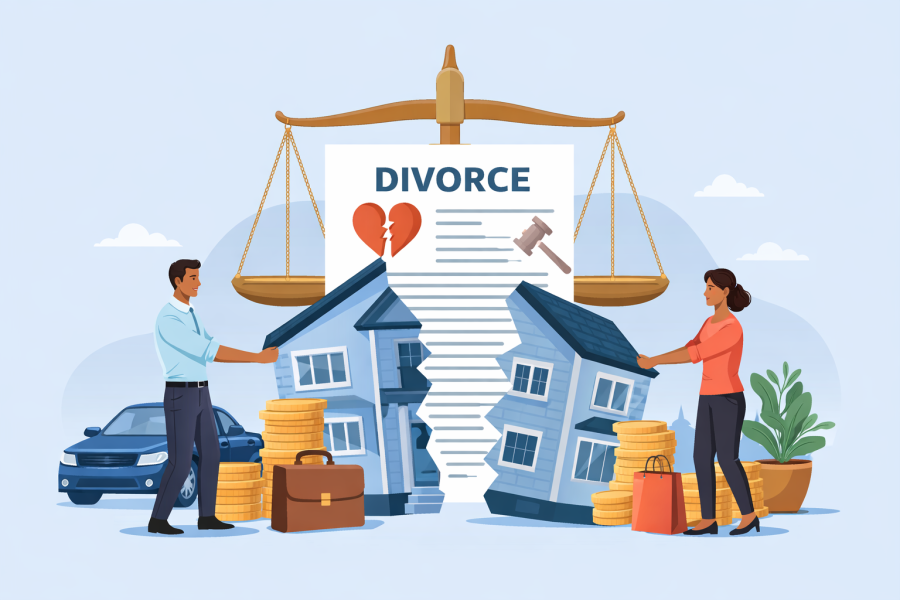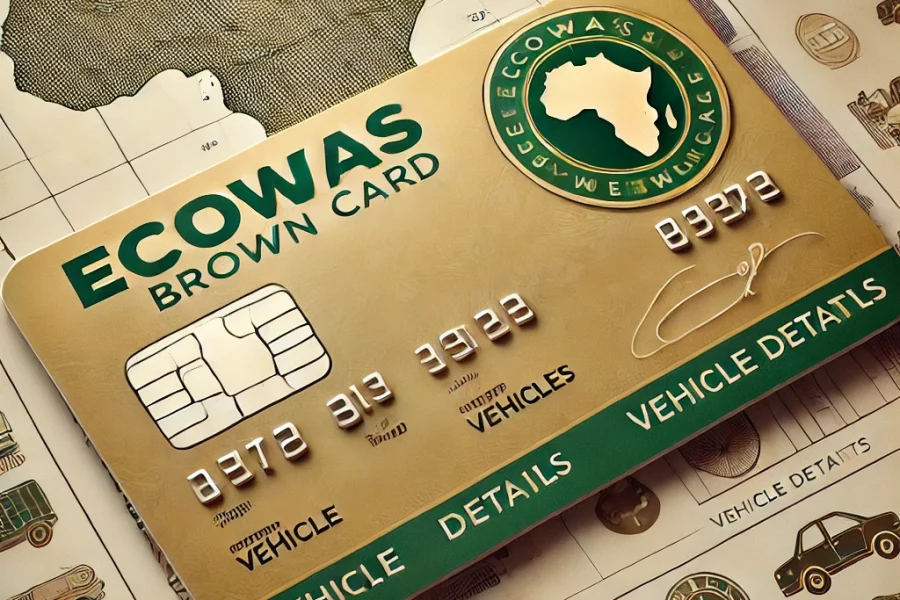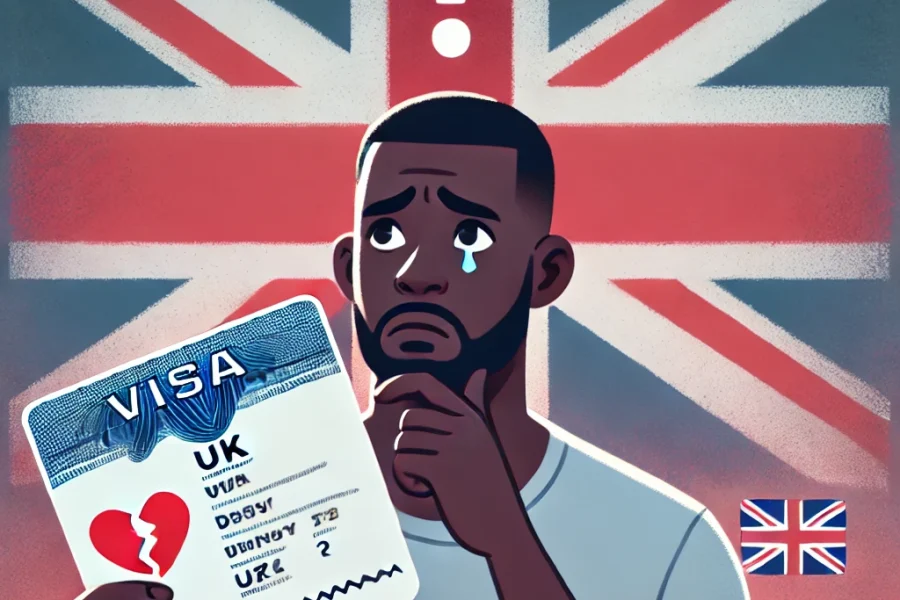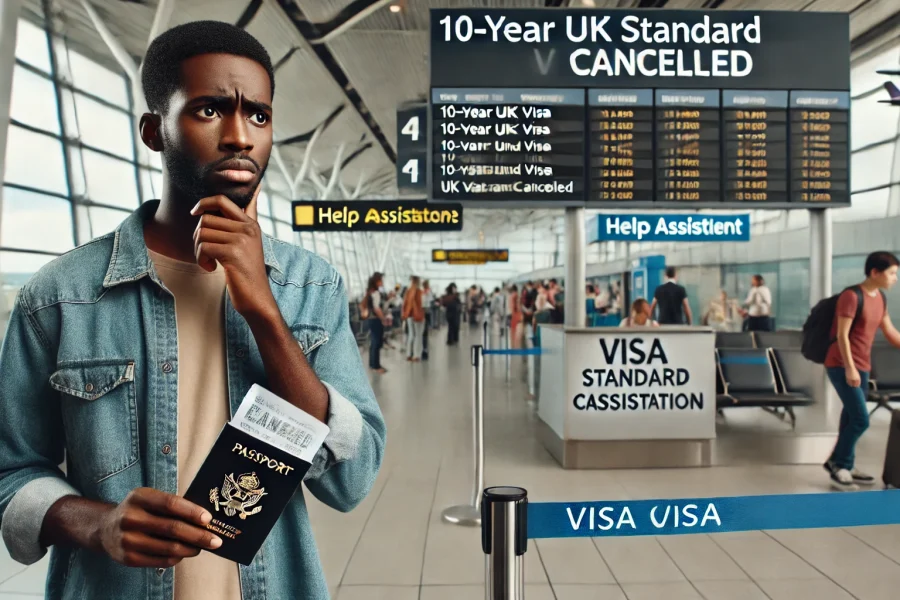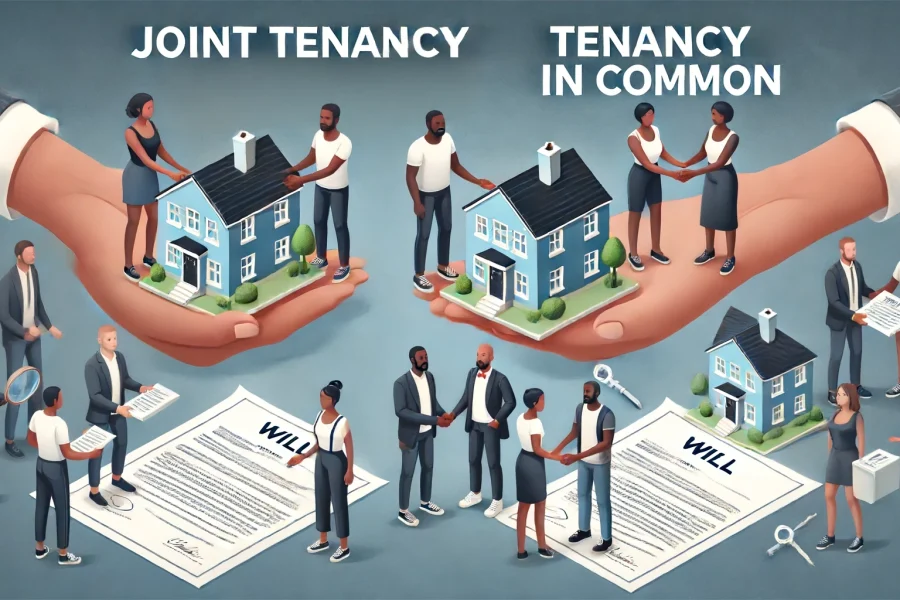[php_everywhere]
The ECOWAS Brown Card Protocol serves as a regional insurance scheme to protect individuals involved in cross-border road traffic accidents within ECOWAS member states. The protocol aims to provide coverage for third-party liabilities, ensuring that road accident victims receive prompt and fair compensation, even if the accident occurs outside their home country. However, it’s important to note that the ECOWAS Brown Card has specific exclusions, particularly concerning employment-related claims. This article delves into these exclusions.
What is an Employment-Related Claim?
Under the ECOWAS Brown Card Protocol, an employment-related claim refers to damages or injuries incurred by passengers traveling within the course of their employment with the insured driver or vehicle owner. This exclusion essentially limits the scope of the Brown Card’s coverage by distinguishing between claims made by general third-party passengers and those made by individuals traveling as part of their job duties with the vehicle owner or driver.
Exclusion of Employment-Related Claims
The ECOWAS Brown Card Protocol explicitly excludes certain types of employment-related claims from its coverage. According to the Harmonized Convention for Claim Compensation and supplementary protocols, the following circumstances are excluded from the Brown Card’s liability coverage:
Employees Traveling for Work
If the passenger is an employee of the insured driver or vehicle owner and is traveling in the course of their employment, the Brown Card will not cover any damages or injuries they sustain in an accident. This exclusion applies specifically to employees who are riding in the vehicle to perform work-related duties
Employer’s Liability
The rationale behind this exclusion appears to be that injuries sustained in the course of employment fall under the employer’s liability, which is distinct from third-party liability covered by the Brown Card. Typically, employer-related liabilities are addressed under workers’ compensation or other forms of employer-provided insurance.
Examples of Employment-Related Claims Exclusions
To illustrate how the employment-related exclusion works, here are a few scenarios based on the protocols:
Example 1:
A truck driver employed by a logistics company in Nigeria is transporting goods to Ghana. If an accident occurs en route, the driver, as an employee of the company, would not be eligible to make a claim under the ECOWAS Brown Card for personal injuries, as they are traveling in the course of their employment.
Example 2:
A team of technicians working for a maintenance firm in Côte d’Ivoire travels in the company’s van to a neighboring country for a job assignment. If the van is involved in an accident during the journey, the technicians, as employees of the van’s owner, would also be excluded from making a claim under the Brown Card due to the employment-related exclusion.
Does This Apply to Passengers Not Employed by the Insured?
It’s important to clarify that this exclusion specifically affects only employees of the insured driver or vehicle owner. If a person is traveling as a general passenger, without any employment relationship with the driver or owner, they would not fall under this exclusion and may file a claim under the Brown Card protocol if an accident occurs.
For instance, if an individual hitches a ride on a truck for non-work purposes and is involved in an accident, they are considered a third-party passenger and are eligible to make a claim. The employment-related exclusion is not applicable in such cases because there is no employment relationship with the insured driver.
Why Is This Exclusion Important?
The employment-related exclusion is critical for individuals and employers to understand. For employees, it highlights the need to have alternative insurance coverage for work-related travel. Employers should be aware that this exclusion places the responsibility of compensating injured employees on them, rather than the Brown Card scheme, reinforcing the need for employer-specific insurance or workers’ compensation.
This distinction is essential for ensuring that all parties involved are appropriately covered and aware of their rights and limitations under the ECOWAS Brown Card system.
While the ECOWAS Brown Card provides valuable cross-border liability coverage, the exclusion of employment-related claims is an important limitation. Employees traveling in the course of their work are not covered by the Brown Card if they are injured in an accident involving their employer’s vehicle. Instead, compensation for such claims would need to come from employer-provided insurance or workers’ compensation schemes.
Understanding these exclusions ensures that both employees and employers are better informed about the limitations of the Brown Card protocol and can make necessary arrangements to address any coverage gaps.
Disclaimer: The information you obtain from this article is not, nor is it intended to be, legal advice. You should consult a lawyer for advice regarding your individual situation. Contacting us or viewing this article does not create lawyer-client relationship.


